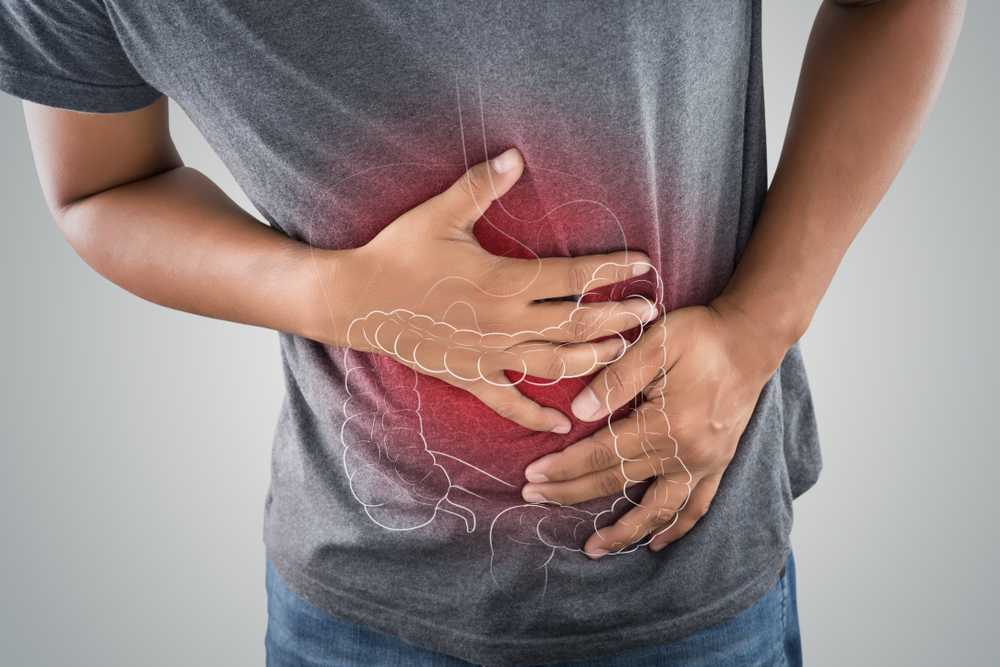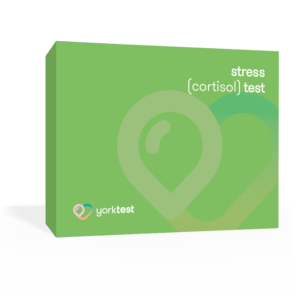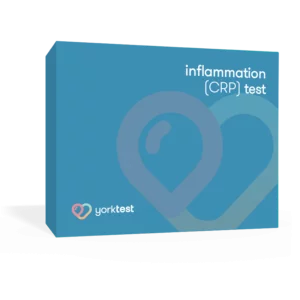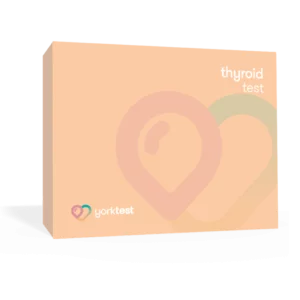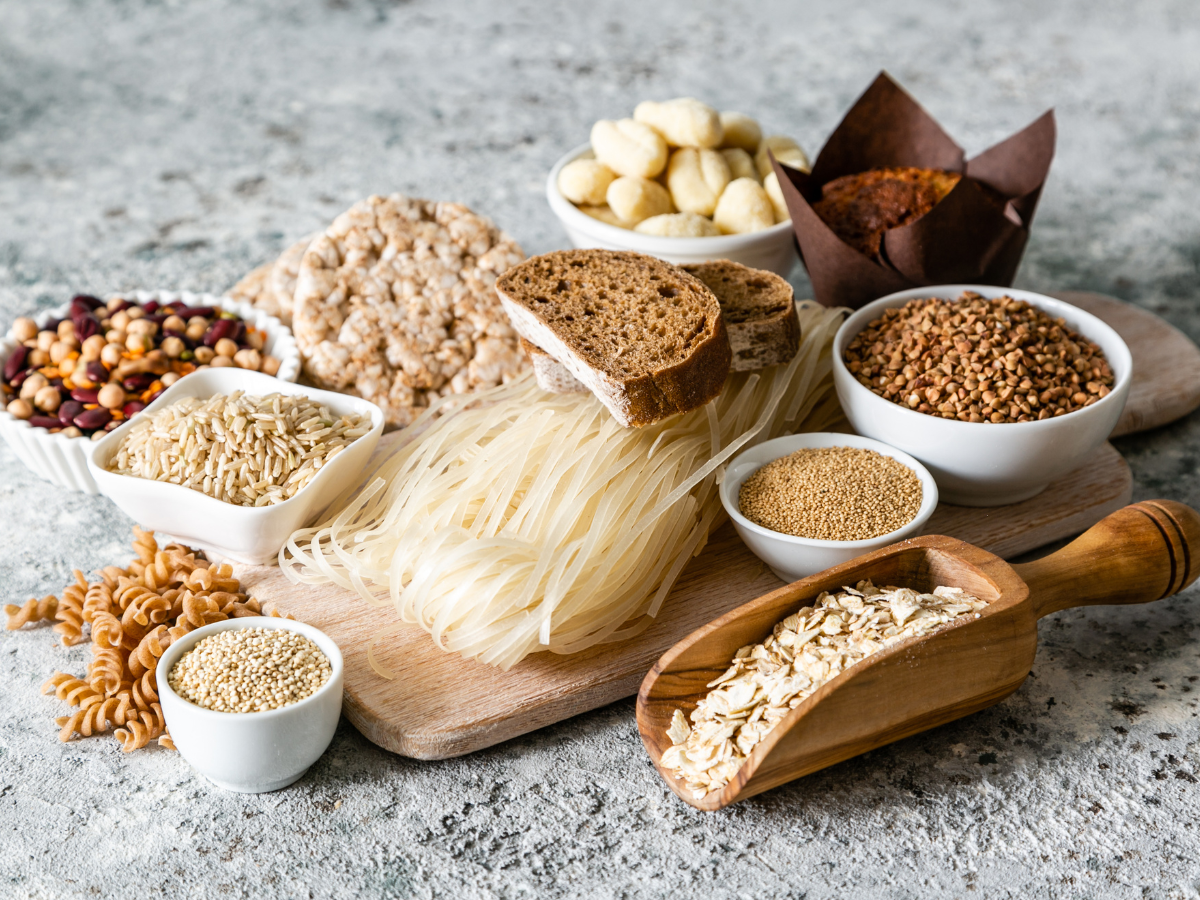Diarrhoea can happen to anyone, often without warning too. Whether it’s caused by food poisoning, or an underlying digestive issue, the symptoms of frequent, loose bowel movements can be distressing and in some cases dangerous. However, by understanding the causes, symptoms, and possible treatment options for diarrhoea, you may be able to take proactive steps to manage the condition and find relief.
What is Diarrhoea?
Diarrhoea is a condition in which an individual experiences loose or watery bowel movements. It occurs when there is an increased amount of fluid passing through the digestive system. It can be acute, lasting for a short period, or chronic, persisting for several weeks or longer.
Symptoms:
As well as having loose bowel movements, there are other symptoms you may experience if you have diarrhoea.
- Abdominal cramps or pain
- Bloating
- Nausea
- Vomiting
- Fever (in some cases)
- Dehydration (feeling thirsty, dry mouth, not urinating enough)
- Urgency to have a bowel movement
How does long diarrhoea and sickness last?
How long diarrhoea and sickness lasts varies depending on the underlying cause and its severity. Acute diarrhoea which is often caused by a viral or bacterial infection can last between 1 to 2 days but can sometimes persist for up to 1 week or longer.
Chronic diarrhoea, which may be associated with conditions like inflammatory bowel disease, irritable bowel syndrome, or food intolerances may last for several weeks or even months or years if left untreated.
If your diarrhoea persists for more than a couple of days, you must seek medical attention, as it can lead to dehydration and other complications, especially in young children, older adults and those with weakened immune systems.
Causes of Diarrhoea
Diarrhoea can be caused by a number of factors including the following:
Food Intolerances or Allergies
Certain foods or food components, such as lactose (found in dairy products), gluten (found in wheat, barley, and rye), or specific additives, can trigger diarrhoea in individuals with food intolerances or allergies. When the body is unable to properly digest or absorb these substances, it can lead to gastrointestinal distress and diarrhoea.
Bacterial or Viral Infections
Infections caused by bacteria, viruses, or parasites can lead to diarrhoea. Common culprits include norovirus, rotavirus, salmonella, and E. coli, which can be contracted through contaminated food or water, or through person-to-person contact.
Medications
Certain medications, including antibiotics, antacids containing magnesium, and chemotherapy drugs, can disrupt the normal digestive process and cause diarrhoea as a side effect.
Chronic Conditions like IBS
Chronic conditions such as irritable bowel syndrome (IBS), inflammatory bowel diseases (IBD) like Crohn’s disease and ulcerative colitis, and coeliac disease can all cause recurring episodes of diarrhoea as a symptom.
What to eat and what to avoid
When dealing with diarrhoea, it’s difficult to know what you should and shouldn’t eat, especially when you have a limited appetite or the food you want to eat makes your symptoms worse.
If you can adjust your diet, it will help reduce your symptoms and prevent further irritation to your digestive system. Here are some guidelines on what to eat and what to avoid:
Foods to Avoid During Diarrhoea
- Spicy and greasy foods: Spicy and greasy foods can worsen diarrhoea due to their potential to irritate the gastrointestinal tract. Greasy foods can be harder for the digestive system to break down, potentially causing cramping and loose stools. These types of foods can also make existing inflammation even worse.
- Dairy products: Dairy products like milk, cheese, and yoghurt can sometimes worsen diarrhoea as they are higher in fat. Fat can further speed up the intestinal contractions, leading to more frequent and loose stools.
- Caffeine and Alcohol: Both caffeine and alcohol have dehydrating effects on the body. They tend to increase urine production, leading to more fluid loss. They also both stimulate the digestive system, speeding up bowel movements.
But what foods should you eat?
One option is to try and move onto eating easily digestible foods such as:
- Clear broths or soups
- Boiled potatoes
- Steamed vegetables (without added fats or seasonings)
- Lean protein sources like baked chicken or fish
If your sickness and diarrhoea continues, speak to your GP or consult with a medical professional who can advise you further.
Remember to also stay hydrated. Diarrhoea can lead to significant fluid and electrolyte loss, so drink plenty of fluids such as:
- Oral rehydration solutions like Dioralyte
- Clear broths or soups
- Water – ideally bottled water or boiled water that has been cooled down.
As your symptoms improve, gradually introduce solid foods back into your diet. Start with small portions of bland, easy digestible foods and slowly reintroduce other foods as tolerated. It’s also important to avoid foods that may have caused the diarrhoea in the first place, such as potential food intolerances or allergies.
Preventing Recurrent Diarrhoea
If you experience diarrhoea on a frequent basis it’s important to identify and address the underlying causes to prevent reoccurance.
Food intolerances: Certain foods or food components like lactose or gluten can trigger diarrhoea in individuals with food intolerances. If you’re unsure whether you have a food intolerance, consider taking a food intolerance test to identify potential triggers and eliminate them from your diet.
Hygiene practices: Poor hygiene, such as not washing hands properly before eating or after using the bathroom, can increase the risk of contracting infections that cause diarrhoea. Practise good hygiene habits to prevent the spread of infectious agents.
Probiotics and Gut Health: Probiotics, which are beneficial bacteria found in fermented foods like yoghurt and kefir, can help support a healthy gut microbiome and improve digestive function. Including probiotic-rich foods or supplements into your daily diet may help prevent recurrent diarrhoea.
Medical evaluation for underlying conditions: If you experience chronic diarrhoea, it’s important to consult with a healthcare professional to rule out underlying conditions such as irritable bowel syndrome (IBS) or other digestive disorders. Proper diagnosis and treatment can help manage the condition and prevent future episodes.
When to Seek Medical Attention
While mild cases of diarrhoea and nausea can often be managed at home, it’s important to seek medical attention in certain situations, such as:
- Severe or persistent diarrhoea lasting more than a few days
- Signs of dehydration (e.g., excessive thirst, dry mouth, dizziness, or dark-coloured urine)
- Bloody or black stools
- High fever or severe abdominal pain
- Diarrhoea in infants or young children
Treatment options for diarrhoea may include over the counter medications like loperamide (Imodium) to help reduce bowel movements and relieve symptoms. However, always consult with your GP or doctor before taking any medication, especially in cases involving severe symptoms or certain medical conditions. Additionally, rehydration solutions (Dioralyte) containing electrolytes may be recommended to replace lost fluids and minerals. If necessary, your doctor may prescribe antibiotics or other medications to treat underlying infections or conditions contributing to diarrhoea.
Always follow your healthcare provider’s advice and seek medical attention promptly if you have concerns about your symptoms.


